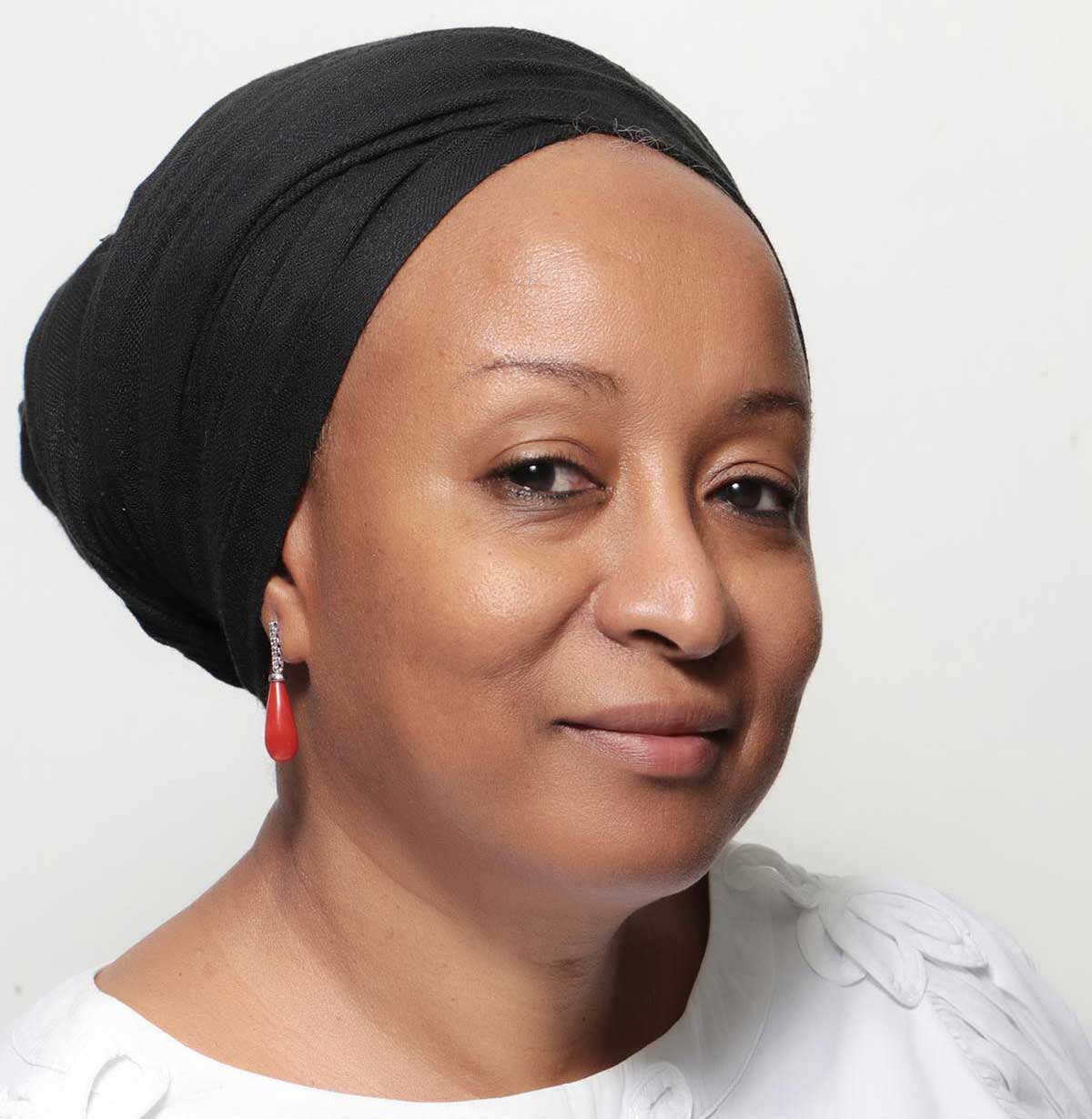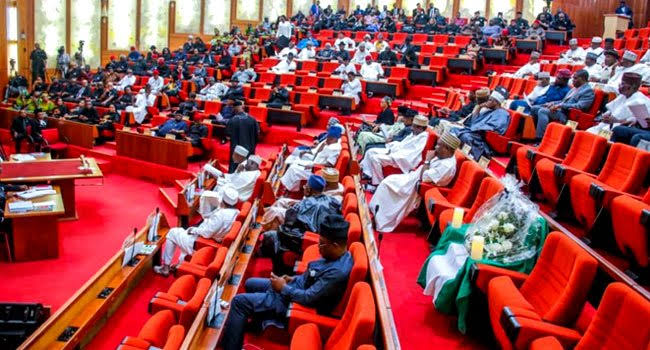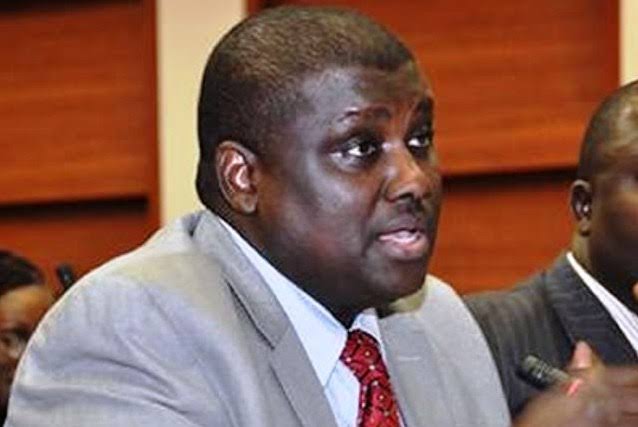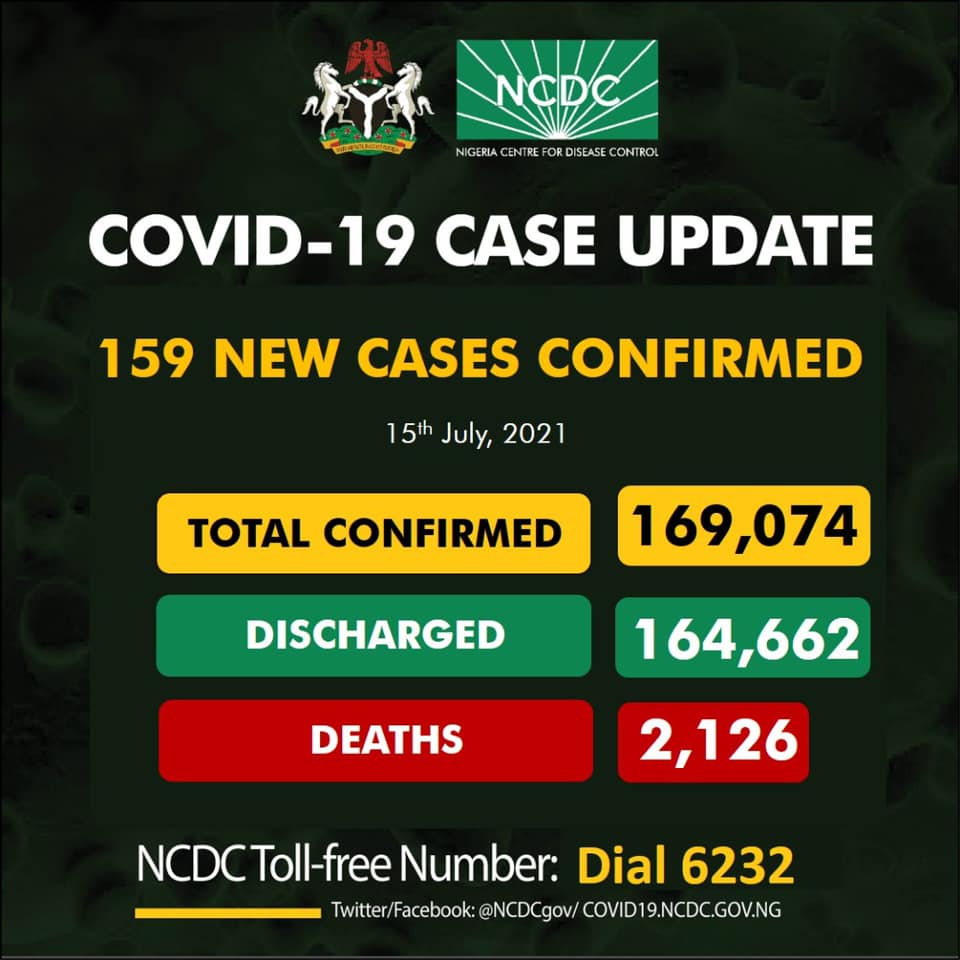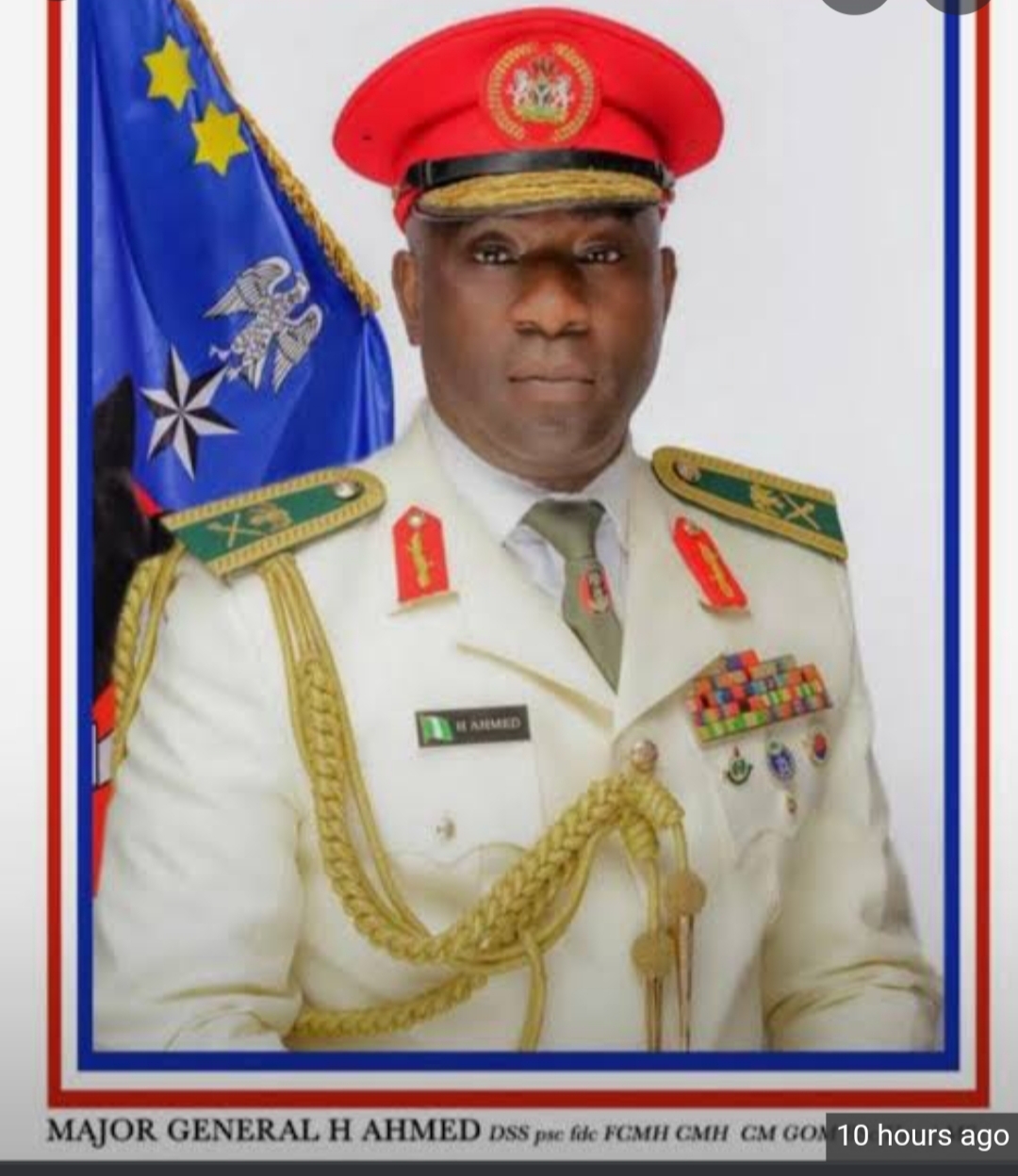The At-Risk Children Project (ARC-P) has promised to offer protection to the over nine million unprotected children in the country.
Gatekeepers News reports that Special Adviser to the President on Social Investments, Maryam Uwais said this recently while unveiling the programme, a strategic national response to address the problem of vulnerable children coordinated by her office to the Organised Private Sector (OPS) in Lagos.
The At-Risk Children Project is domiciled in the Office of the Special Adviser to the President on Social Investment. It reports directly to the National Steering Committee of the National Poverty Reduction with Growth Strategy (NPRGS), chaired by Vice President Yemi Osinbajo.
The programme is organised to guard unprotected children who are known to daily deal with challenges of different kinds which include violence, abuse, neglect, exploitation and exclusion.
Uwais explained that ARC-P’s vision is to comprehensively address cross-cutting concerns of at-risk children and provide them with a life of dignity.
“In the family and communities, children should be fully protected so they can survive, grow, learn and develop to their fullest potential,” she said.
Upon highlighting the project’s mission, Uwais said, “it s to facilitate programmes that will ensure the integration of at-risk children and young adults by creating opportunities for skills and empowerment to reduce their vulnerabilities.”
She further disclosed that ARC-P would nurture the kids with dignity and respect, raise equality citizens and bridge the poverty gap.
“A key objective of the program will provide protection and hope to youth and children who are vulnerable, for a productive life through learning, combined with improved health outcomes, values and skills. It will also provide meaningful, impactful and pragmatic quality programs that empower the children to become productive to themselves, their families, communities and society.
“The programme would leverage on successful tried and tested intensive learning initiatives. Expand, deepen and broaden the scope of other programmes on the ground. Coordinate, add value and set basic standards through trained facilitators within the State for sustainability.
“In addition to the existing learning options, literacy and numeracy, introducing civics, critical thinking, life skills, entrepreneurship, sports, creativity, technology, farming and vocations, community police training. Address mental and physical health concerns, assess and address vision, hearing and special needs, boost nutrition through a feeding programme.”
She disclosed that the programme would be institutionalised to continue beyond the President Muhammadu Buhari administration and called for support from Corporate Nigeria to implement interventions including basic literacy and numeracy, health and nutrition, entrepreneurial, financial literacy and vocational skills and digital skills.

